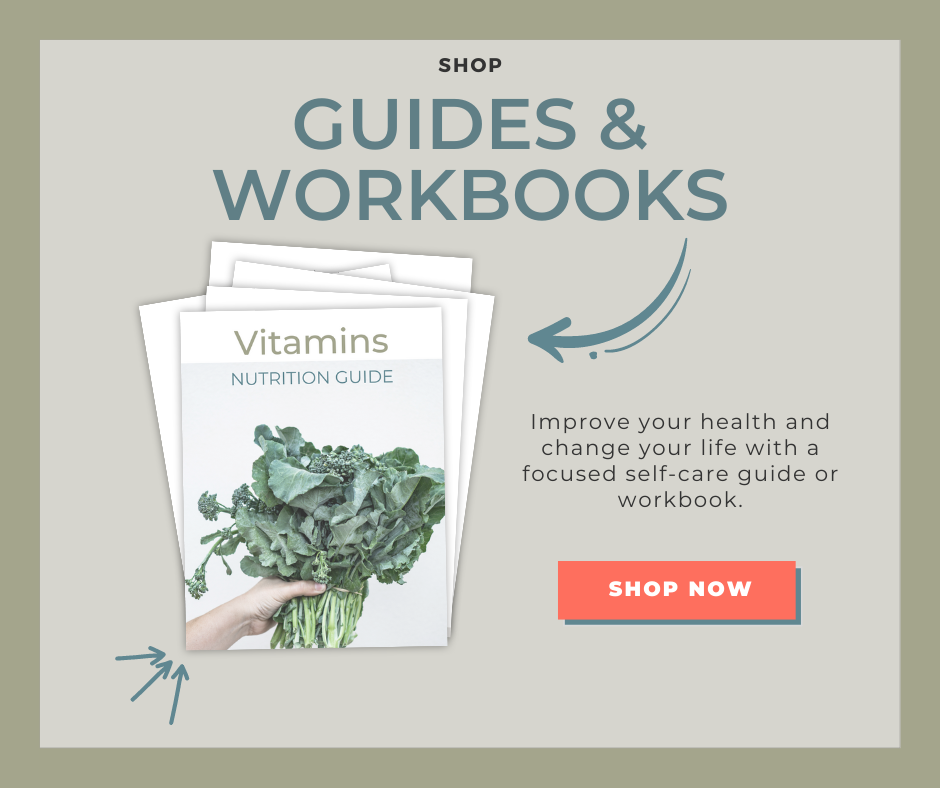The Relational Dimension of Self-Care, one of LivingUpp’s 8 Dimensions of Self-Care, focuses on the health of your relationships—how you connect with others. This dimension of self-care helps you develop a strong social support system—friendships, intimate partnerships, family relationships, and professional relationships.
In this article, you’ll learn how to establish healthy boundaries to build and maintain meaningful relationships.

LivingUpp is a participant in affiliate programs, which means we may earn a small commission from qualifying purchases on links to Amazon and other sites at no additional cost to you.
What is Relational Self-Care?
Relational self-care is any action you take to improve the quality of your relationships with others. Over time, the small interactions you have with others can have a big impact on your health.
LivingUpp defines self-care as a preventive health strategy involving actions and behaviors that improve, restore, or maintain good health. By implementing a holistic self-care practice, you’ll spend less time and money on sick care and more time living your life.
Examples of Relational Self-Care
Here are some relational self-care examples to help you design a healthy lifestyle:
Support Network
Your support network includes friends, family members, and mentors who offer you guidance and support during life’s transitional moments.
Relational self-care strategies that support your social network:
- Nurturing existing friendships
- Asking for support
- Editing your inner circle
- Seeking out new friendships
- Spending quality time with friends
- Extending support to others
- Spending quality time with your partner
- Being an organ donor
- Learning CPR
Boundaries
Healthy boundaries are critical to build and maintain healthy relationships. Your ability to establish clear boundaries has a direct impact on your health. Each time you willingly allow others to violate on your boundaries, you are teaching them how to treat you and interact with you. Learning to establish healthy boundaries is a self-care skill that takes time and experience.
Relational self-care strategies that support healthy boundaries:
- Speaking up when your boundaries are crossed
- Setting clear boundaries
- Honoring your boundaries
Respect
Respect is the foundation of all healthy relationships. You can only expect respect when you give respect. It goes both ways. Establishing mutually respectful relationships requires open communication and honesty. It requires admitting when you’ve made a mistake and initiating difficult conversations with others when they make a mistake.
Relational self-care strategies that support respectful relationships:
- Allowing others to be who they are without trying to change or fix them
- Having difficult conversations when you feel disrespected
- Expressing gratitude
- Asking questions
- Being a good listener
- Ending a relationship that continues to be disrespectful
Forgiveness
Forgiveness is an integral part of maintaining healthy relationships. Learning how to ask for forgiveness and learning how to extend forgiveness are two skills that relationships require. Giving others permission to be imperfect humans means that you’ll need to learn how to forgive.
Relational self-care strategies that support forgiveness:
Using the 8 Dimensions of Self-Care Framework
The 8 Dimensions of Self-Care framework simplifies the healthy lifestyle design process. Using the 8-dimensional self-care pinwheel, you can easily develop a holistic self-care practice that supports the key areas of your life.
Here’s a quick overview of the 8 Dimensions of Self-Care:
- The Systemic Dimension of Self-Care: How you eat, move and rest
- The Emotive Dimension of Self-Care: How you express yourself
- The Luminescent Dimension of Self-Care: How you illuminate your inner truth
- The Financial Dimension of Self-Care: How you allocate your resources
- The Cognitive Dimension of Self-Care: How you think
- The AptitudinalDimension of Self-Care: How you contribute to the world
- The RelationalDimension of Self-Care: How you connect with others
- The Environmental Dimension of Self-Care: How you harmonize with nature
If you’re looking for some structure to help bring self-care into your daily life, the Lifestyle Design Planner incorporates the 8 Dimensions of Self-Care framework and the Rate Your 8 self-care assessment tool into its daily planning pages. This makes it easier to prioritize and plan your self-care rituals.
How to Support Your Relational Dimension of Self-Care
The Relational Dimension of Self-Care plays an integral role in building and maintaining healthy relationships. To design a relational self-care practice, choose specific self-care strategies that strengthen your relationships.
You may need to experiment with different forms of self-care to determine what is and what isn’t effective for you. Over time, you’ll be able to curate specific self-care activities that align with your needs.

Information on this website should not be interpreted as providing or replacing medical advice, diagnosis, or treatment. All content is intended for adults over the age of 18. LivingUpp is a participant in affiliate programs, which means we may earn a small commission from qualifying purchases on links to Amazon and other sites at no additional cost to you.
Originally published 3/20/2020